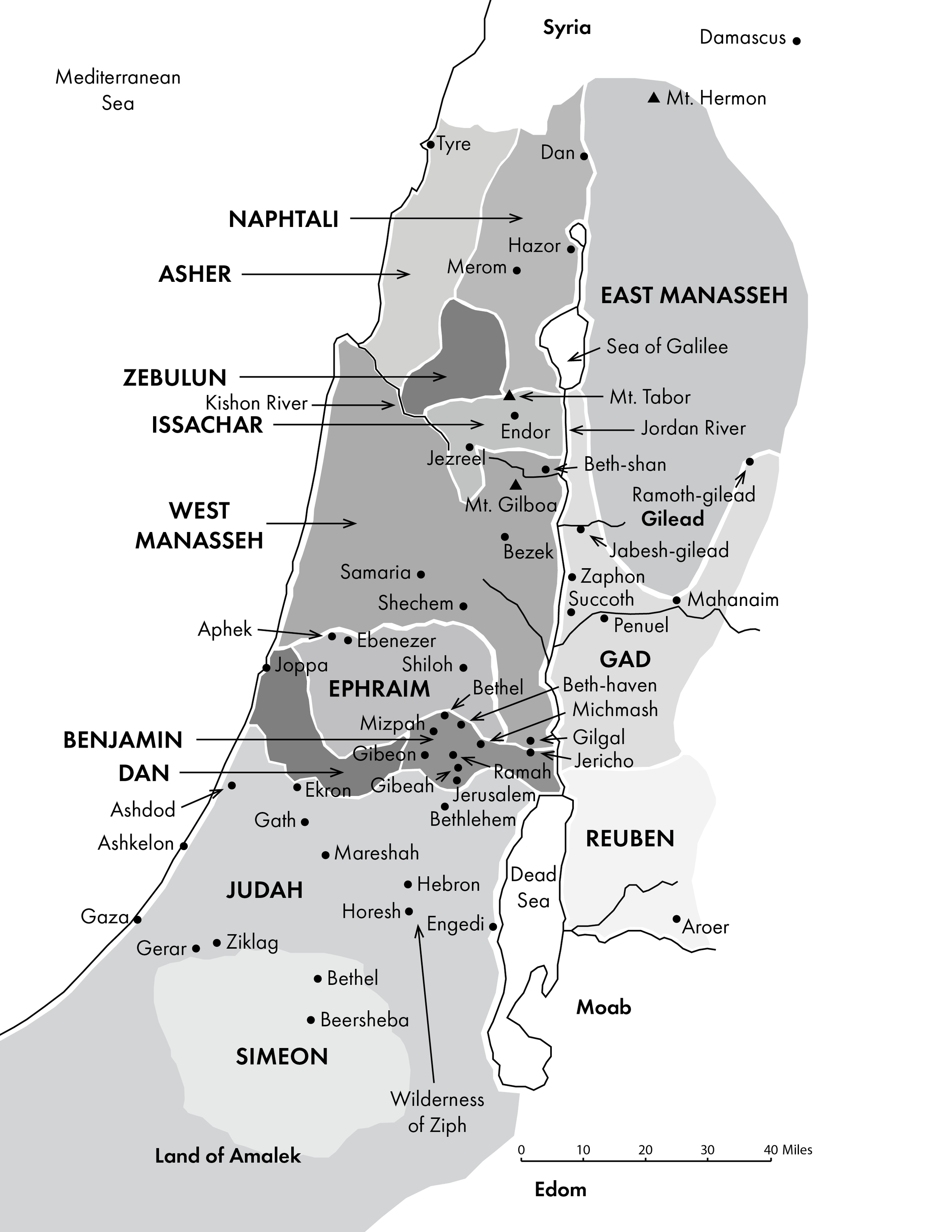2 Chronicles 18 Summary - 5 Minute Bible Study
2 Chronicles 18 Short Summary:
The 18th chapter of 2 Chronicles records a battle between Ahab of Israel and the king of Syria over the city of Ramoth-gilead. Against the advice of the prophet Micaiah, Ahab allied with Jehoshaphat of Judah to try to reclaim Ramoth-gilead. Despite disguising himself for the battle, Ahad was killed by an arrow during the fighting, just as Micaiah predicted. After Ahab’s death, Ahaziah, his son, ruled in his place over Israel.
2 Chronicles 18 Extended Summary
WHEN:
Jehoshaphat reigned over Judah for 25 years. His reign fits within the window of 920-890 B.C.
KEY CHARACTERS:
Jehoshaphat – The son of King Asa of Judah. He took the throne of Judah after his father’s death.
Ahab – King of Israel. “There was none who sold himself to do what was evil in the sight of the Lord like Ahab, whom Jezebel his wife incited. He acted very abominably in going after idols” (21:25-26).
Micaiah – A prophet of God. Ahab hated him because he never prophesied anything good about Ahab.
WHERE:
Ahab and Jehoshaphat made battle plans at Samaria.
Israel and Judah allied together to attack the Syrians at Ramoth-gilead.
OUTLINE:
*This chapter has a parallel in 1 Kings 22.
MICAIAH PROPHESIES AHAB’S DEATH IN BATTLE (18:1-27):
Jehoshaphat of Judah made a marriage alliance with Ahab of Israel.
One day, Ahab asked Jehoshaphat to help him drive out the Syrians from Ramoth-gilead, a city that previously belonged to Israel.
Jehoshaphat agreed to help Ahab, but they determined to ask for God’s approval before acting.
The kings gathered 400 prophets and they all affirmed that the Lord would bless the battle. One prophet, named Zedekiah was especially adamant.
But Jehoshaphat wasn’t convinced. He asked Ahab if there were any other prophets. Ahab told him there was one other, Micaiah, but Ahab hated Micaiah because Micaiah never said anything good about him.
The king’s messengers went to find Micaiah, and when they found him, they encouraged him to fall in line with the other prophets and prophecy a victory in the battle.
But Micaiah wasn’t a man who could be peer pressured easily, when he arrived, he told Ahab about a vision God had revealed to him.
In the vision, God was on His throne asking His heavenly servants which one of them would entice Ahab to go to battle at Ramoth-gilead. One spirit went to God and accepted the job. When God asked the spirit how he proposed to entice Ahab, he responded that it would put a lying spirit in the mouth of the prophets who advised Ahab.
God accepted the spirit’s proposal and sent him to complete the work.
Michaiah proposed that God was permitting the 400 prophets to encourage Ahab to go to war because God intended to destroy Ahab for his wickedness.
Ahab and the other prophets were mad at Micaiah, so they put him in prison.
AHAB IS KILLED WHILE BATTLING WITH THE SYRIANS (18:28-34):
Jehoshaphat and Ahab went to Ramoth-gilead to fight the Syrians.
Ahab disguised himself, probably because he feared his fate would be as Micaiah prophesied.
The Syrian commanders were specifically instructed to hunt down Ahab, but they couldn’t find him in his disguise.
“But a certain man drew his bow at random and struck the king of Israel between the scale armor and the breastplate” (18:33).
The battle continued through the day. Ahab was propped up in his chariot, but he eventually died.
The army of Israel scattered, just as Micaiah had foretold.
Ahab’s blood was washed out of the chariot at the pool of Samaria, and the dogs licked it up, according to the words prophesied by God’s prophet, Elijah (1 Kings 21:19).
APPLICATION:
Not everything is random that appears random.
Even as Christians, we often speak of luck and chance, but his chapter reveals many things we would label “lucky” or “random” are actually God directed.
The angle of the shot, the wind speed, the feathers on the arrow, and the draw weight of the bow used by the archer who struck Ahab were chance variables to a human eye, but they were precisely calculated by God.
When you understand this one incident, it will open your eyes to the fact that the happenstances of the world may not be happenstance at all.


